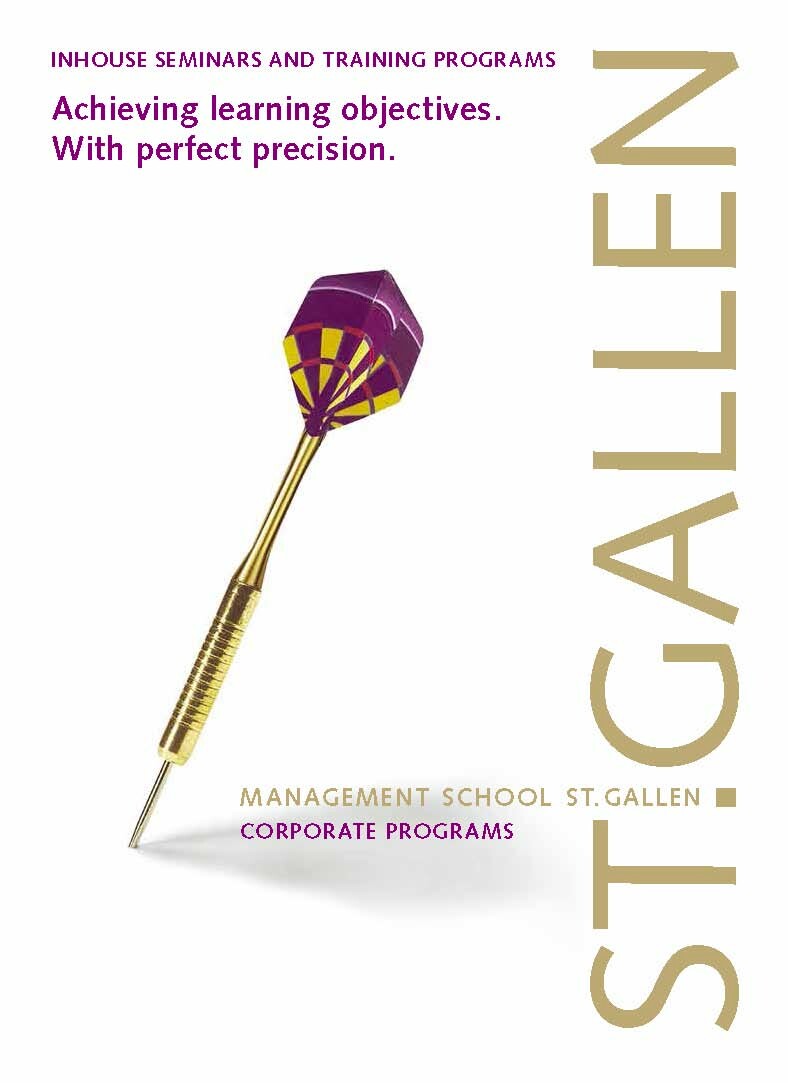Understanding the mechanisms of communication psychology | Consideration of the role of the receiver. Psychological aspects of communication oriented towards the receiver.
Forms of communication within the negotiation process | What matters most during negotiation. TOpen communication vs. closed communication.
Understanding the fundamentals of negotiation | The ability to recognize negotiating situations. The significance of attitude towards disagreement and conflicts.
The art of persuasive negotiation | How to deal with powerful opponents and overcoming the classic obstacle of having the desire for success while retaining the virtue of humanity.
Team negotiation requires discipline, trust and training | Learn how to negotiate as a team. Recognize the different personality styles and roles of the negotiating partners. Defining your own role.
Recognizing and utilizing psychological factors and opportunities of influence | Establishing a negotiation map that outlines how to combine different roles, interests and areas of influence.
Optimum preparation | Learn how to efficiently prepare negotiations without the use of extensive check lists. Methods for problem solution within the negotiation and mediation process.
Concepts of argumentation | Argumentation techniques and their effects. The appropriate progression of information and argumentation.
The (psycho)logical dialogue | Questioning techniques – Arguments in dialogue and negotiation. Listening skills – Questioning – Argumentation.
Fair-minded dialectical reasoning in negotiating situations | Ways and resources to persuade using easily comprehensible language. Emphasizing customer’s benefit.
Argumentation and cooperative negotiation | Guidelines for argumentation. Motives for decision-making, value proposition.
Logical aspects of argumentation | Genuine and spurious arguments. Types of argumentation and speech.
Mastering closing techniques | Getting to the point, reinforcing mutually defined solutions without losing face. Reaching an agreement for measures to be taken and monitoring compliance.
Integrative strategies | Evaluation of negotiation results. How to create a win-win situations for both parties. The principle of giving and taking. The characteristics of successful negotiation.
Planning and Preparation | How to plan and prepare for dialogue. Negotiation strategies and tactics. Techniques of persuasion and closing.
Potential synergies | Utilizing potential synergies within internal conflicts of interest. How to assist your own staff to achieve optimum negotiation results.








